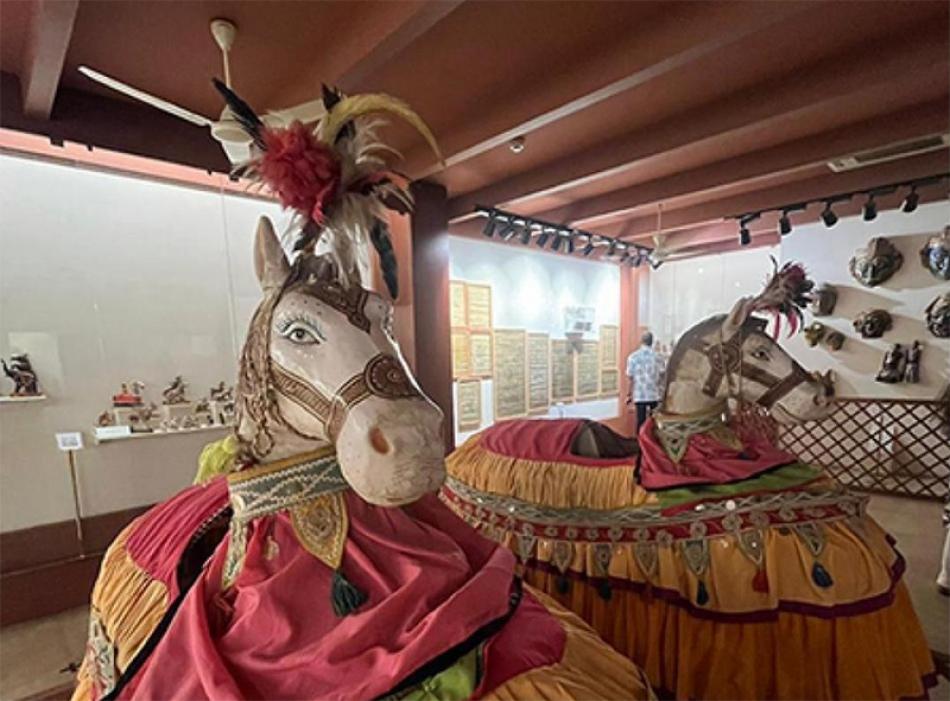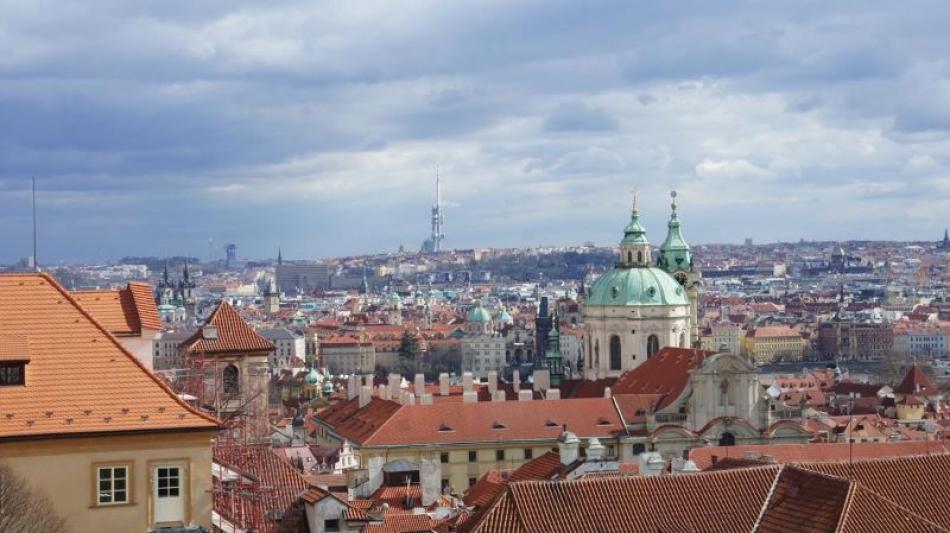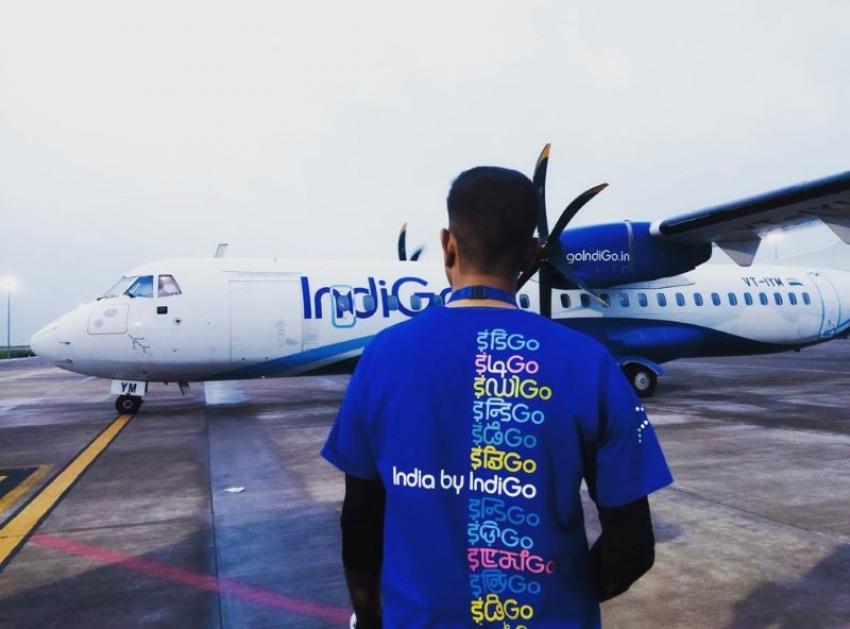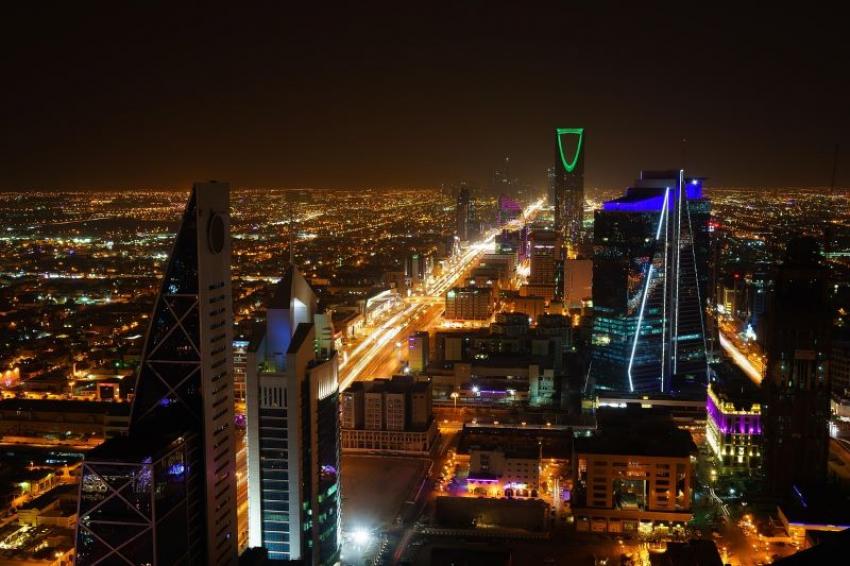NITN | @notintownlive | 22 Apr 2021, 11:37 am
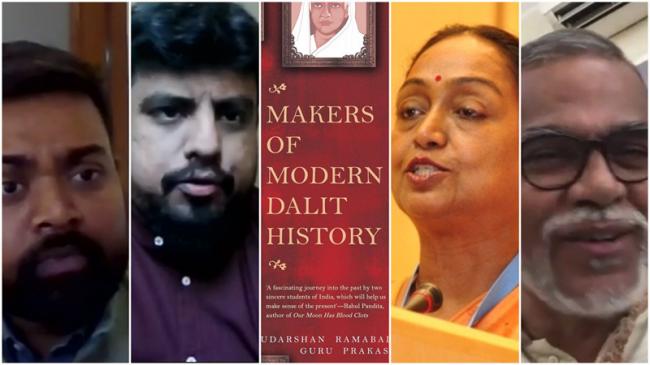 Dalit Literature
Dalit Literature
Former Lok Sabha Speaker and ex-Union Minister Meira Kumar was the guest at the event Kitaab organised by Prabha Khaitan Foundation (PKF) in association with Shree Cement in April. Kumar spoke about Dalit women as a book- Makers of Modern Dalit History- was launched virtually. The event was attended by the two authors of the book, Guru Prakash Paswan and Sudarshan Ramabadran, as well as Devyani Khobragade, Makrand Paranjpe and Narendra Yadav. IBNS correspondent Souvik Ghosh brings highlights of the event moderated by journalist Maria Shakil
Guru, what is the new Dalit narrative?
As a member of the community and generation, I think the future course of Dalit imagination is something very important. It is no longer about reservation. The young Dalits think of representation at the crucial decision-making positions. It is no longer about a government job but beyond that. A Dalit wants to be in important positions now. These are the questions that are bothering us.
(1).jpg)
Over the course of last seven decades, we have seen there has been no Dalit as the cabinet secretary in the history of the country. So the fact of the matter is, we are not having enough into conversation and not engaging with the truth. We need to have strong constructive conversation over caste issues and this is our effort through this book.
.jpg)
Sudarshan, could you have considered some more people who could have been featured in the book?
In 2016, we two wrote an article on BR Ambedkar and the organic positive response to the article prompted us to write a series of articles on such subaltern achievers. We knew they were redracted from history and there should be a concerted effort to represent them. We are going to take the advice and make a part two of the book.
.jpg)
Professor Yadav, you have been mentioned in the book. Why do you think this book stands apart from all the Dalit literature you have read so far?
Dalit literature is of two kinds, one of which is autobiography. The strength of Dalit literature is autobiogrphies and they have brought out the lives, times and sufferings of the Dalits. Then there are collections of poems which are phenomenal. Then there are few books which are thought-provoking. But this book I think is very important because its idea is excellent. I loved the idea of the book and also liked the selection of individuals. The introduction is very well researched. I have gone through Ambedkar's profile very closely because that's one of the most important one.
.jpg)
Anything you found which could have been better in the book, Mr. Yadav?
I felt two names which are conspicuously absent are Chandra Bhan Prasad and Dr. Suraj Yengde. I would like to see them included in the book. As admitted in the introduction itself, whatever written about Ambedkar would be inadequate to describe his contribution. This is absolutely correct. There are many errors of omission and commission.
.jpg)
Meera Kumar, both you and your Dalit leader father Jagjivan Ram found mentions in the book. You had defeated political heavyweights like late Ram Vilas Paswan and Mayawati. Your own journey inspired this book as well and the authors have been cautious and careful of the proper gender representation too. How important do you think to talk about the contribution of women while we talk about Dalit literature?
Dalit women have not been celebrated and nobody knows about what they have gone through. Even in modern times, barring a few prominent names, no one knows what they are going through. Yes we know about the men but what about the women? For instance, my late mother was not allowed to sit at a dining table to eat while she was in a hostel. She had to sit outside on the floor. Yet, she continued with her studies. She faced the onslaught and humiliation, but look at her determination. This is an Indian Dalit woman. She had to suffer so much and she had so much strength which Dalit men acquire from their mothers. So I am glad this book is written and a lot of writing has been done on Dalits.
.jpg)
On the other hand, I wonder, Dalit has become a tag when we talk of me, my father, people take the name of our caste. People don't take the name of castes of a Brahmin or a Baniya. Dalits are subjected to identification. We may do or achieve what we like but we are identified with our castes and our place in the society is referred to. With time, everything changes but the caste system never does.
- Shiny things by Jinia: A luxury evolution by visionary entrepreneur, healer
- Mystique and Memories: Wiccan Brigade hosts its first Halloween Fest in Kolkata
- Rotary Club of Calcutta Samaritans hosts three-day youth leadership awards program for tribal students in Bakura
- Rotary Club, South Kolkata Vision inaugurate newly developed children's park in Sonarpur
- Akhil Bharat Jaiguru Sampradaya and Omkarnath Mission volunteers care for terminally ill patients at Mahamilan Math hospice
- Bengali couple promoting Indian music and culture among young Americans
- Indi Setu: Wildlife on the Brink: Can We Rewild a Warming World?
- Durga Puja sustainability: One of the oldest awards goes flex-free
- Ayurveda and Skin Health in the Modern Age
- MedSage expands footprint with new branch in Rampurhat
IndiGo, India’s largest airline, is grappling with one of its most severe operational crises in recent years, with widespread flight delays and cancellations disrupting travel across the country for a second consecutive day.
Tata Group-owned Air India on Sunday announced the reinstatement of its codeshare agreement with fellow Star Alliance carrier, Air Canada, to offer more flight options for travellers and boost connectivity between India and Canada.
Starting Nov 16, 2025, IndiGo will operate direct flights between Bengaluru and Riyadh, expanding its network to Saudi Arabia.

